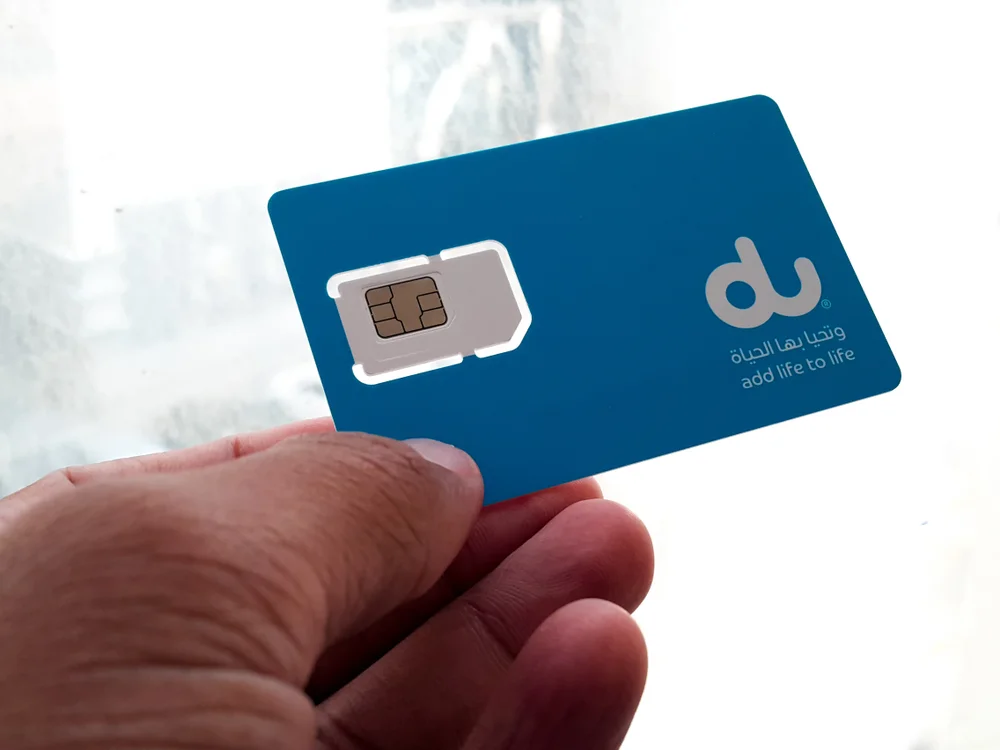A cybersecurity threat has surfaced targeting DU Emirates Integrated Telecommunications Corporation, a major telecom provider in the UAE. On the XSS Forum, a cybercriminal known as “Ddarknotevil” has claimed to have stolen over 360 GB of data from DU.
The alleged DU Emirates data breach reportedly includes sensitive information such as employee email addresses, network logs, details of 371,000 customers’ devices, IP addresses, and proprietary telecommunication software.
To substantiate these claims, Ddarknotevil shared sample records, including customers’ device details and excerpts from email content purportedly obtained from an employee’s mailbox.
The threat actor is offering this entire database as a one-time purchase for USD 3,200. This development follows previous activity on May 19, 2024, where Ddarknotevil was seen privately offering unauthorized FTP access to DU’s systems.
Despite the claims of DU Emirates data breach, a visit to DU’s official website revealed no signs of disruption; the website was fully operational. The Cyber Express team has reached out to DU officials for verification, but as of this report, no official response has been received, leaving the DU Emirates data breach claim unverified.
Context of Recent Cyber Threats in the Telecom Sector
The alleged data breach of DU Emirates comes on the heels of several high-profile cyberattacks within the telecommunications sector.
In February 2024, ETISALAT, the state-owned Emirates Telecommunications Group Company PJSC in the UAE, reportedly suffered a ransomware attack attributed to the infamous LockBit ransomware faction. LockBit claimed to have successfully breached ETISALAT’s systems and demanded $100,000 for the return of the stolen data, setting a deadline of April 17th. This claim, too, remains unverified.
Adding to the urgency of these developments, Spain-based mobile telephony company Llamaya, a subsidiary of the MASMOVIL Group, reported a significant data breach just days before the purported ETISALAT attack.
A threat actor known as “DNI†claimed to have accessed sensitive customer information, including phone numbers, passwords, and personal details, affecting approximately 16,825 customers.
These incidents highlight a disturbing trend of cyber threats targeting the telecommunications sector globally. Mobile operators are increasingly vulnerable to sophisticated cyberattacks, as evidenced by recent incidents involving Monobank in Ukraine and a popular mobile banking app with over 10 million users. These alleged cyberattacks highlight the critical need for robust cybersecurity measures to protect digital infrastructure.
Implications of the Alleged DU Emirates Data Breach
If the claims by Ddarknotevil are confirmed, the implications for DU Emirates Integrated Telecommunications Corporation and its customers could be severe. The compromised data includes not only customer information but also critical network logs and proprietary software, potentially exposing the company to various risks:
Customer Data Exposure: The breach of 371,000 customers’ device details, including IP addresses, could lead to significant privacy violations. Customers may face increased risks of identity theft, phishing attacks, and other forms of cyber fraud.
Operational Disruptions: Access to network logs and proprietary software could allow cybercriminals to exploit vulnerabilities within DU’s systems, potentially disrupting services and causing widespread operational issues.
Reputation Damage: A confirmed breach of this magnitude would severely damage DU’s reputation, leading to a loss of customer trust and potentially impacting the company’s market position.
Financial Losses: Beyond the immediate costs of responding to the breach, DU could face significant financial losses from potential lawsuits, regulatory fines, and a decline in customer base.
National Security Concerns: Given DU’s prominence in the UAE’s telecommunications landscape, a breach could have broader national security implications, especially if critical communication infrastructure is affected.
Broader Industry Implications
The surge in cyberattacks on telecom operators signals a pressing need for the industry to enhance its cybersecurity defenses. The trend underlines the vulnerabilities inherent in the digital infrastructure that supports critical communication services.
Telecommunications companies must invest in advanced security technologies, conduct regular security audits, and foster a culture of cybersecurity awareness among employees to mitigate these threats.
Moreover, collaboration with government agencies and international cybersecurity organizations can help telecom operators stay ahead of emerging threats. Sharing intelligence and best practices can enhance the overall resilience of the telecommunications sector.
Media Disclaimer: This report is based on internal and external research obtained through various means. The information provided is for reference purposes only, and users bear full responsibility for their reliance on it. The Cyber Express assumes no liability for the accuracy or consequences of using this information.
Source: Read More


